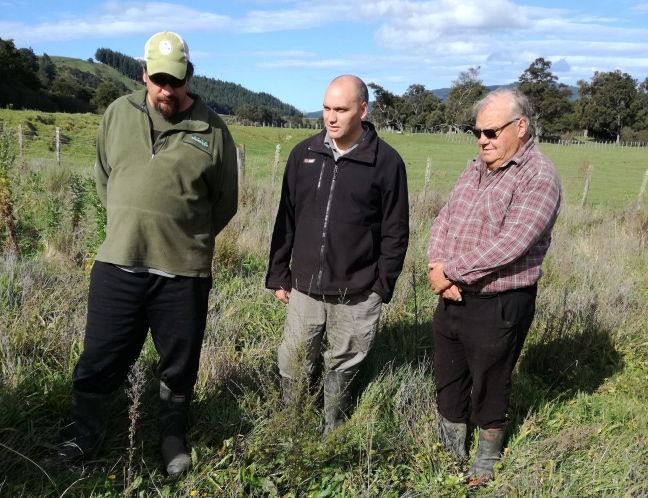The future of East Coast carbon farming has received a boost with a three-year research project beginning this year to identify the opportunities and barriers for reforesting Māori land.

Ruatoria charitable company Hikurangi Enterprises, Motu Economic and Public Policy Research Trust and Victoria University of Wellington will work together on the project, which received a $375,000 grant from the Ministry for Primary Industries’ Sustainable Land Management and Climate Change Research Programme.
Hikurangi Enterprises managing director Panapa Ehau said the 2016 international Paris Agreement on climate change, which had caused carbon prices to increase, and the burgeoning mānuka honey industry, provided opportunities to earn an income off native trees.
“Converting Māori land to native forest and carbon farming is a serious business opportunity worthy of study.”
The company had already been working with Māori landowners on the East Coast to identify alternative land use options to the status quo of farming and forestry, such as growing hemp and developing kānuka extracts.
Carbon farming was another viable opportunity, and had multiple potential benefits.
“Converting some Māori land to native forest carbon farming can offer financial benefits as well as environmental and cultural benefits for landowners and carbon emitters alike.”
Nuhiti Q, a 1000ha sheep and cattle farm near Tokomaru Bay, offered an example, he said.